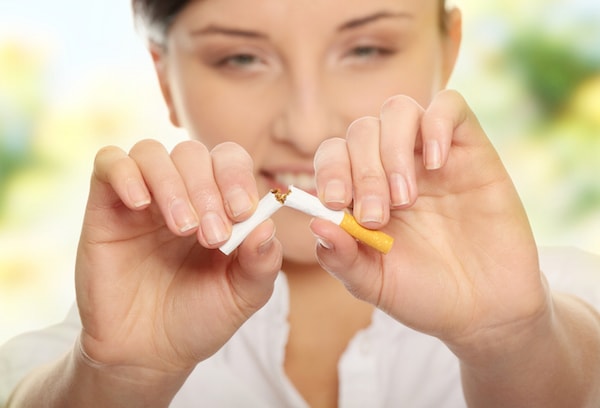
The effects of smoking on the body are enormous. Smoking a cigarette arguably harms every organ of the body, causes many diseases and reduces the health of smokers in general. Studies show that abstaining from smoking reduces an individual's chance of suffering from various forms of cancers and adds more years to their life. According to various studies, smoking cigarettes is the single highest cause of preventable death in the US. Cigarette smoking causes more than 480,000 deaths each year in the United States. This is nearly one in five deaths.
Here are some of the most significant stats on smoking:
Effects of Smoking on Cosmetic Surgery
Smoking has a lot of negative effects on cosmetic surgery including
Effects of Smoking Addiction on Overall Health
The effect of smoking addiction on the health of smokers includes:
Cosmetic Surgery Helps Reduce Smoking Addiction
When it comes to plastic surgery, doctors normally ask their patients to stop smoking at least two weeks before surgery. Smoking can hinder the healing process and make the recovery time longer for patients.
According to a report in the September issue of Plastic and Reconstructive Surgery, a new study shows many patients either quit smoking completely or they end up smoking less after a plastic surgery procedure. According to the lead author of the study, Aaron C. Van Slyke, MD, MSc, of the University of British Columbia, Vancouver, "Our results show an association between cosmetic surgery and smoking cessation at long-term follow-up. Surgeons who request preoperative smoking cessation may influence patients' long-term smoking status."
The study focused on 85 patients who were smokers during the time they had a health evaluation before cosmetic surgery. Dr. Van Slyke and his colleagues asked these patients to stop smoking at least two weeks before undergoing an elective procedure.
Five years after having cosmetic surgery, 47 of the patients in the study responded to a follow-up survey. The majority of the patients were female with an average age of 40. The most common procedures they had included tummy tuck, breast lift and facelift. After excluding five patients who were classified as “social smokers”, the study included 42 patients deemed to be daily smokers before surgery.
During the follow-up survey, around 40\\% of the patients said they no longer smoked cigarettes on a daily basis. Plus, almost a fourth of them said they stopped smoking completely after the surgery. Finally, 70\\% of them said discussing the need to stop smoking before surgery (with their surgeon) was an influence on their decision to quit smoking or reduce their amount of smoking.
On the other hand, half of the patients did admit they did not totally follow the instructions to stop smoking before having surgery, In fact, many of them smoked until the day before the procedure. The results of the study showed that the complication rate after cosmetic surgery was higher in patients who continued to smoke at 24\\% versus 14\\% for those who stopped smoking.
These findings suggest that cosmetic surgery patients seem likely to either cut back on their smoking or to completely quit smoking. According to Dr. Van Slyke, "This is consistent with previous research showing patients who seek to obtain cosmetic surgery are more motivated to sustain positive lifestyle changes."